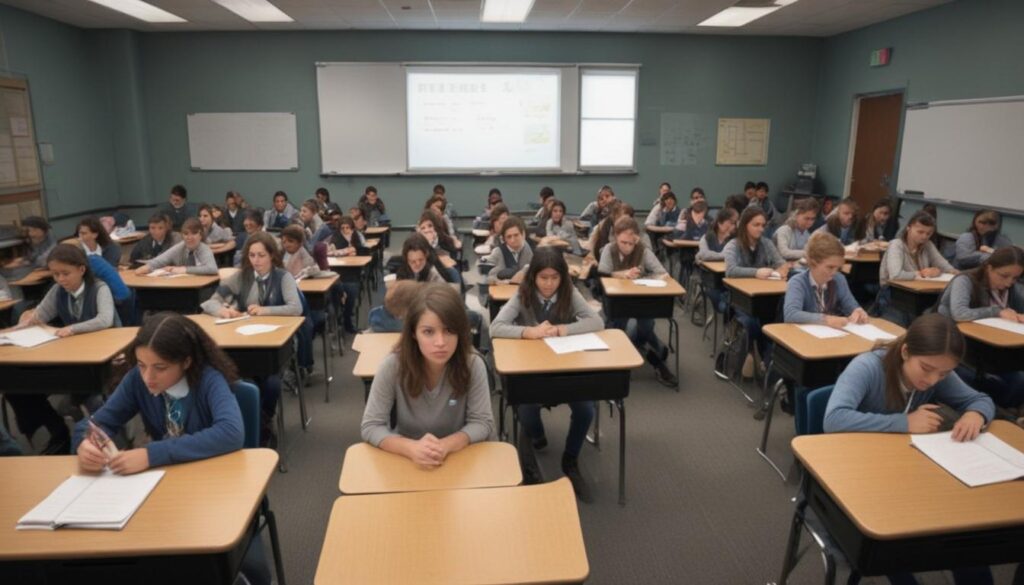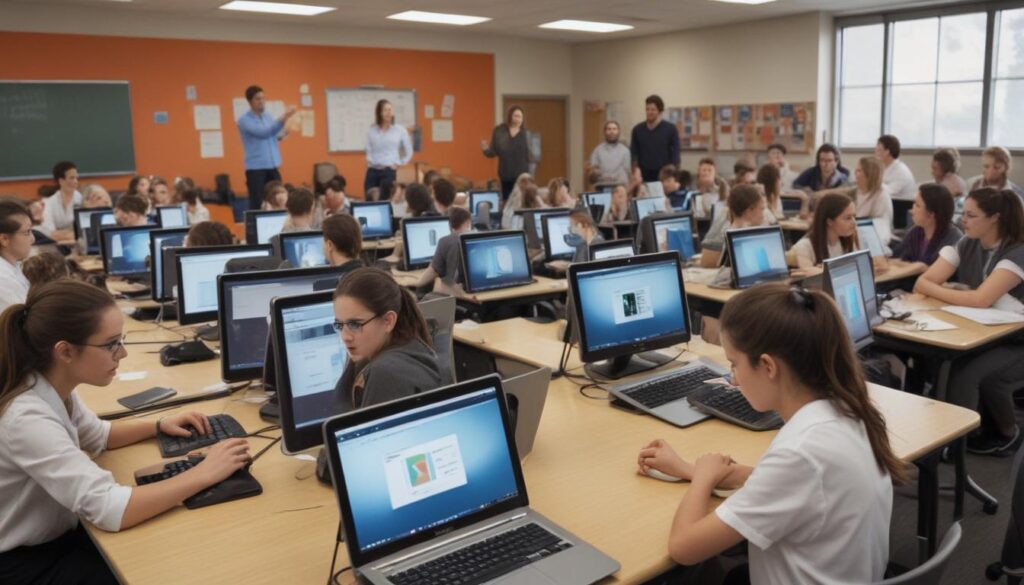Now Reading: Private Tutoring or Courses: Which is More Effective?
- 01
Private Tutoring or Courses: Which is More Effective?
Private Tutoring or Courses: Which is More Effective?

The debate over the most effective method of learning has been ongoing for years. Students aiming for academic success and their parents often face a dilemma: private tutoring or courses? In this article, we compare the advantages and disadvantages of both options to determine which method might be more effective in different situations.
Comparison of Private Tutoring and Courses
Both private tutoring and courses have their own unique advantages and disadvantages. The effectiveness of either method depends on the student’s learning style, goals, and budget.
Advantages of Private Tutoring
- Personalized Learning: Private tutoring offers a completely customized learning experience tailored to the individual needs and pace of the student. Since every student has different learning styles and speeds, private lessons are designed to accommodate these differences by creating a personalized curriculum. This allows the student to spend more time on topics they find challenging and move quickly through those they grasp easily.
- Flexibility: One of the key advantages of private tutoring is the ability to adjust lesson times and subjects according to the student’s preferences and needs. The flexible scheduling between the student and tutor is especially beneficial for students with busy academic or social lives. Lessons can be planned around the times when the student is most productive, making the learning process more effective.
- Focused Attention: Private tutoring allows the tutor to focus all their attention on a single student. This one-on-one interaction enables the tutor to quickly identify the student’s weaknesses and develop strategies to address them. Any areas of confusion can be immediately addressed, allowing the educational process to continue without interruption.
- Rapid Progress: The individualized nature of private tutoring allows the student to spend less time on subjects they are strong in and focus more on areas where they need improvement. This targeted approach helps the student progress at their own pace and quickly close any gaps in their knowledge. This method of goal-oriented learning not only boosts the student’s overall academic success but also strengthens their confidence.
Disadvantages of Private Tutoring
- Cost: Private tutoring is often more expensive than group classes or courses. This is due to the one-on-one attention provided by the tutor and the personalized nature of the lessons. The flexibility and tailored approach of private tutoring can drive up costs, making it a less viable option for families with budget constraints.
- Motivation: For private tutoring to be effective, the student needs to have a high level of self-motivation and discipline. The absence of a group environment and classmates can negatively impact the student’s motivation. In such cases, the student may not fully engage in the lessons or may not study sufficiently between sessions.
- Social Interaction: One of the most notable disadvantages of private tutoring is the lack of opportunity for the student to interact with other students. In courses or group lessons, students can exchange ideas, develop different perspectives, and enhance their social skills. However, in private tutoring, such opportunities for social learning and interaction are limited.

Advantages of Courses
- Cost-Effective: Courses are generally more affordable compared to private tutoring. Group-based courses distribute the cost among the students, making them a budget-friendly learning option. This makes courses accessible to a wider audience and more available to everyone.
- Social Interaction: Courses provide an environment where students can interact and collaborate with others. Learning with peers motivates individuals, fostering a sense of competition and cooperation within the group. This social interaction makes the learning process more dynamic and helps students develop essential social skills.
- Comprehensive Content: Courses usually offer a broader range of topics within a structured program or curriculum. This allows students to gain knowledge on various subjects and enhances their overall understanding. For students seeking extensive education in a particular field, courses can be an ideal choice.
- Standardized Education: Courses are typically conducted within a predetermined curriculum, providing all students with the same content. This ensures a standardized educational experience, aiming to bring all students to a similar level of knowledge. However, this approach may not cater to students seeking a personalized learning experience, as it might not fully adapt to individual learning speeds and needs.
Disadvantages of Courses
- Lack of Personalization: Courses do not offer a tailored educational program for each student. The same curriculum is applied to all, which may overlook individual differences. This can be a disadvantage for students who need additional support in certain areas or who wish to progress more quickly.
- Limited Interaction: In large classes, it can be difficult for the teacher to give adequate attention to each student. This may hinder students from asking questions about topics they don’t understand or from receiving personalized guidance. Keeping up with the pace of the class can be challenging, potentially affecting the learning process negatively.
- Inflexibility: Courses have fixed class schedules and predetermined topics. This rigid structure can make it difficult for students to learn at their own pace and create a mismatch for individuals with busy schedules. Class times and content cannot be adjusted to fit the student’s personal or academic calendar.
Private Tutoring vs. Courses: What to Consider When Making Your Decision
Student’s learning style, goals, budget, and time are key factors in determining the best educational approach. While some students thrive in group settings, others may prefer one-on-one instruction. Goals can also influence this choice; for instance, intensive private tutoring might be more suitable for a student preparing for exams, whereas courses could be better for someone looking to increase their general knowledge. However, it’s also important to consider that private tutoring is often more expensive, though it offers more flexible scheduling.
In conclusion, the choice should be made based on the student’s individual needs and goals. Both methods have their own unique advantages and disadvantages. Selecting a method that aligns with the student’s learning style is one of the most effective ways to enhance success.


































